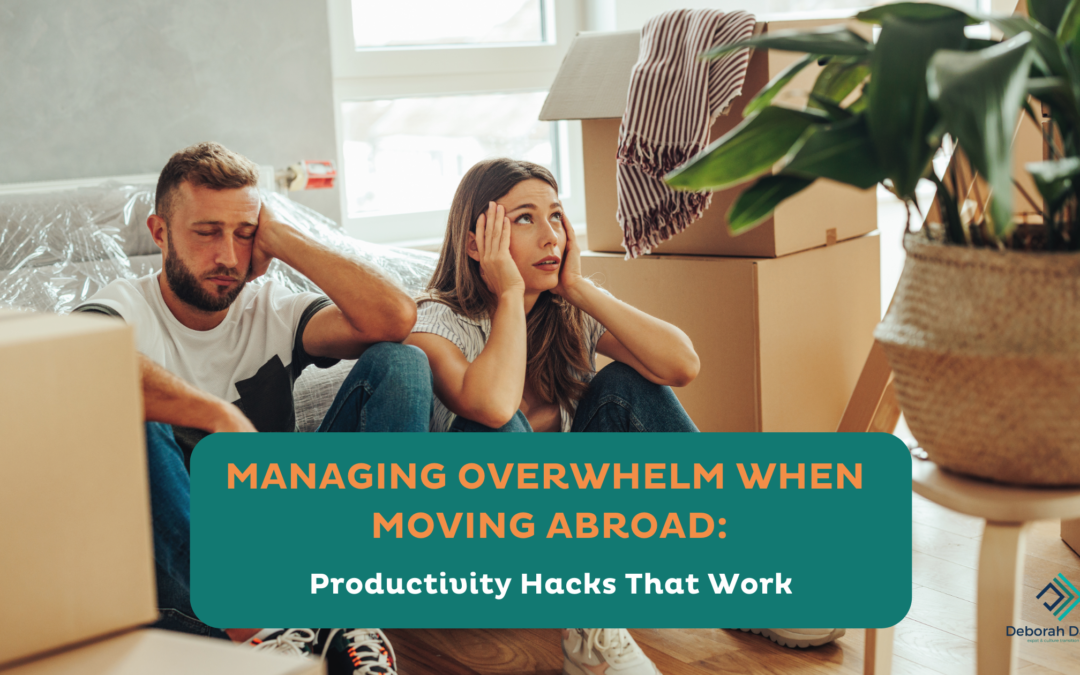
Integration 101: The Key to Settling In Abroad
Moving abroad is an exciting journey filled with the promise of new opportunities and experiences. However, it can also come with challenges, especially when it comes to feeling at home in your new environment.
Integration is often one of the most critical aspects of adjusting to life abroad.
But what does it really mean, and how can you achieve it?
Whether you’re preparing for a move or have already settled overseas, understanding integration can make all the difference in easing your transition and helping you thrive.
Integration is often misunderstood as fully adopting the culture of your host country. In reality, it’s about balance. It involves maintaining a connection to your original culture while embracing the customs and practices of your new home.
John W. Berry, a renowned intercultural psychologist, defines integration as actively participating in your host culture while preserving your cultural identity.
This approach contrasts with assimilation, where one fully adopts the new culture at the expense of their original one, or separation, where one avoids engaging with the host culture entirely.
Why is Integration Important?
Integration offers numerous benefits for expats and their families. First, it helps reduce the culture shock that many experience when moving abroad. By understanding the local way of life, unfamiliar situations become less intimidating, making it easier to navigate daily challenges.
Beyond reducing culture shock, integration also improves your overall well-being. Studies show that expats who feel integrated are happier and more fulfilled. A strong sense of belonging can make all the difference in your life abroad.
For families, integration can be particularly helpful. Family members often adjust at different rates, and having a framework for integration can provide shared understanding and support. It also helps adjust expectations, grounding your dream life abroad in a more realistic and sustainable perspective.
One practical way to approach integration is through the OAR methodology: Observe, Act, Reflect. This simple three-step process creates a feedback loop to help you navigate your journey.
- Observe: Before diving into new experiences, take the time to watch and learn. How do locals interact at the grocery store, at restaurants, or on public transport? Understanding these small details can make larger cultural shifts feel less daunting. Pay attention to your emotions during this process—do certain situations excite you or make you uncomfortable?
- Act: Start small. Try a local dish, attend a cultural event, or practice simple phrases in the local language. These small actions build confidence and ease your transition into bigger adjustments. Remember to maintain connections with old friends and family for emotional support during this phase.
Reflect: Take time to think about your experiences. What worked well? What felt challenging? Reflection helps you identify areas for improvement and keeps you focused on your goals. Write down your thoughts and revisit them as you progress.
- Don’t Take Things Personally: Cultural differences can lead to misunderstandings. People’s behaviors often reflect their cultural norms, not their feelings toward you.
- Ask Questions: It’s better to clarify than to assume. Asking questions shows curiosity and helps you avoid unnecessary mistakes.
- Maintain a Growth Mindset: Mistakes are inevitable, but each one is an opportunity to learn and grow. Stay open to adapting and adjusting your approach.
Integration is a journey, not a destination. It’s about finding the balance that feels right for you and your family while respecting the culture of your new home. By observing, acting, and reflecting, you can navigate the complexities of settling in abroad with confidence and ease.
Remember, it’s okay to take your time. Your path to integration doesn’t need to look like anyone else’s—it just needs to work for you.
Looking for more guidance on moving abroad?
Join the Expat Journey Program, where youu’ll find the roadmap to your best life abroad and personalized support to make your transition smoother and more fulfilling.




